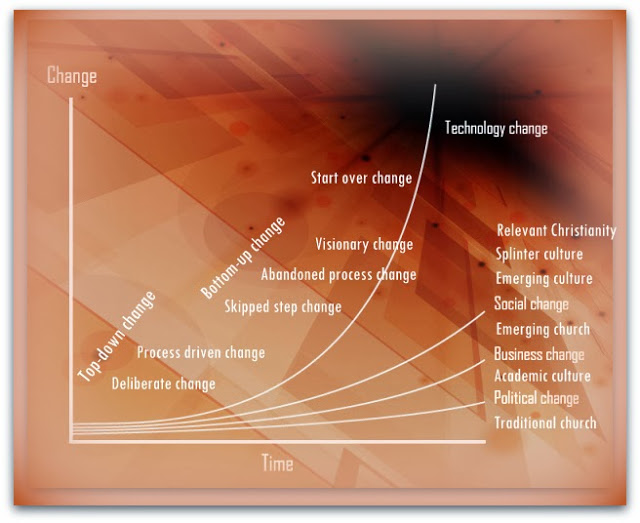 A less than 1% literacy rate was the world's norm leading up to the 20th century. Language was about the speaking, and writing was useful for just a few.
A less than 1% literacy rate was the world's norm leading up to the 20th century. Language was about the speaking, and writing was useful for just a few.Even today in an eastern Africa marketplace, folks do quite well with impressive fluency in half a dozen languages or more. But reading? Many, perhaps most in some places, cannot.
Language is about speaking, but the context and substance have changed over the generations.
Books offered a poor substitute for speech. Lacking the 85% of content that is facial expression, gesture, and tone, books became an interesting art form differentiated from speech.
 Theater and performance, followed by movies and television, gave us back those visual elements but without the interaction of face to face conversation.
Theater and performance, followed by movies and television, gave us back those visual elements but without the interaction of face to face conversation. A lifetime of such input shaped us culturally. Gone are the evenings where we would relax on the porch talking to neighbors, hours spent together with board games, and long conversations over meals. Neighborhoods have become just residential areas.
A lifetime of such input shaped us culturally. Gone are the evenings where we would relax on the porch talking to neighbors, hours spent together with board games, and long conversations over meals. Neighborhoods have become just residential areas.Technology and commercial media have gone wildly beyond the simple speech our grandparents knew.

The tidal wave of social media floods intrusively into every venue. Twitter was a power-play in the Egyptian uprising, blogging got Malala shot in Pakistan, and Facebook has connected friends that live oceans apart with comfortable conversation on a daily basis if they like.
The complaints about young folks and their constant attention to the internet and social media; they're too late! The change point is well past. Welcome to the 21st century. A teen today consumes more information in a year than an American colonist would have covered in a lifetime. Or ten.
Social Media & Technology: building on the good and dealing with the fallout; how do we shed the irrelevant baggage and carry forward the good parts of culture, values, and principles?
